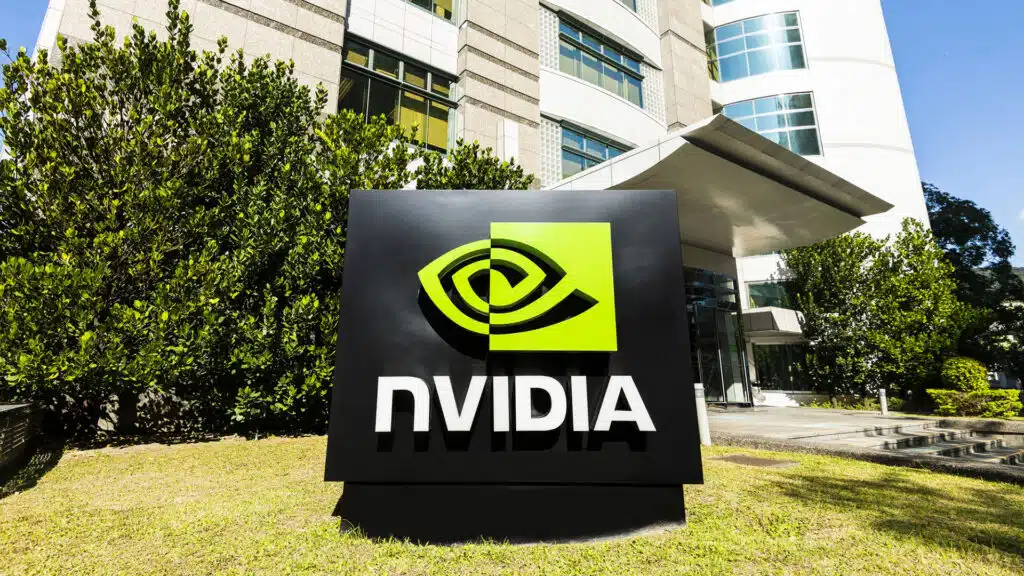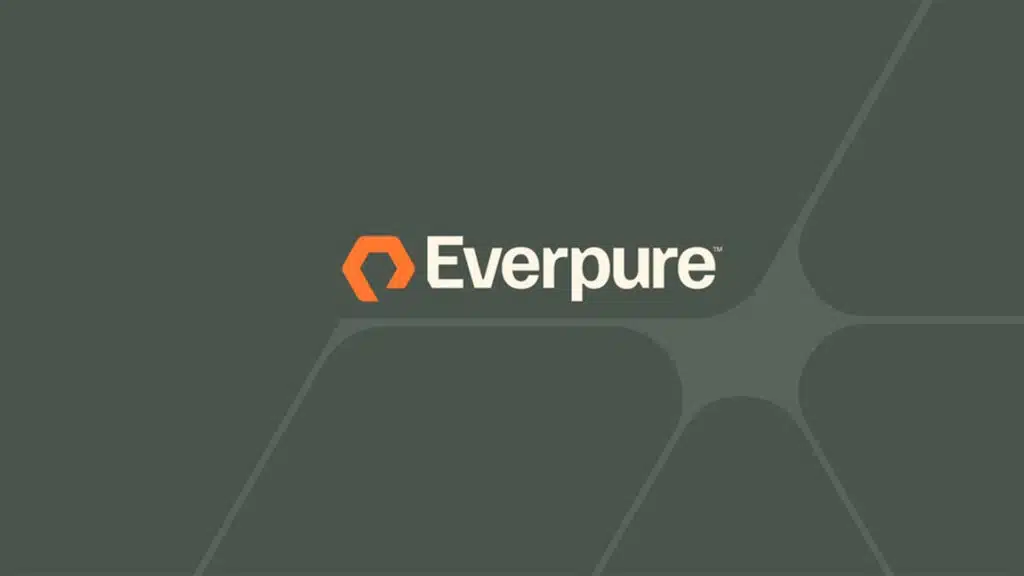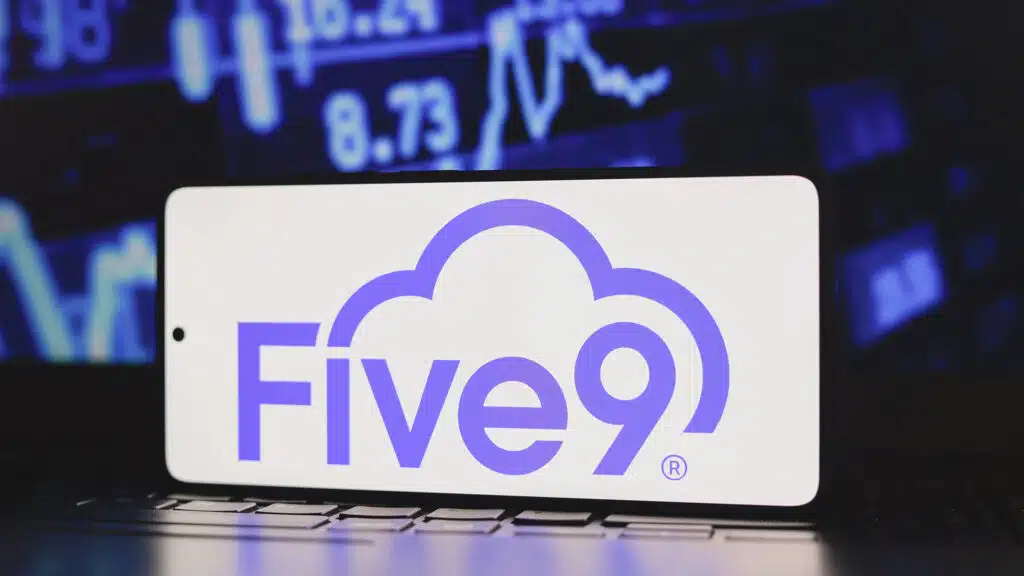The News: On February 8, Google published a series of blog posts outlining how Gemini Ultra, Google’s new flagship large language model (LLM), is becoming part of Google products. Here are the key details:
- Gemini Ultra is the largest Google model ever; it is designed for highly complex tasks.
- Gemini Ultra outperformed GPT-4 in eight of eight performance benchmarks, including measures for reasoning, math, coding, and multimodal.
- Gemini is designed at natively multimodal. Multimodal reasoning capabilities can help make sense of complex written and visual information. “This makes it (Gemini) uniquely skilled at uncovering knowledge that can be difficult to discern amid vast amounts of data”
- “Gemini 1.0 was trained to recognize and understand text, images, audio and more at the same time, so it better understands nuanced information and can answer questions relating to complicated topics. This makes it especially good at explaining reasoning in complex subjects like math and physics.”
- Bard is now rebranded as Gemini.
- Ultra will be part of Gemini Advanced, which is available through the new Google One AI Premium plan ($19.99 a month, starting with a two-month trial at no cost). Google One AI Premium plan adds premium AI benefit to existing Google One Premium benefits, such as 2TB of storage. In addition, AI Premium subscribers will soon be able to use Gemini in Gmail, Docs, Slides, Sheets and more.
- Gemini Advanced has broad-ranging capabilities in advanced coding, logical reasoning, following nuanced instructions and collaborating on creative projects.
Read CEO Sundar Pichai’s Google Gemini update blog post here, and read Sissie Hsiao’s Gemini Advanced announcement here.
Google Gemini Advanced: Google’s Counter to Copilot?
Analyst Take: First, Microsoft’s Copilot, now Google Gemini Advanced—in the span of just a few months, sophisticated generative AI assistants have been made available to the mass market, and there are more to come. In the big picture, there are different drivers for each of the tech giants. Here are my thoughts.
Understanding Google Market Drivers
In 2022, Google/Alphabet revenue was $279 billion, more than $224 billion came from various forms of advertising, most of it search advertising. In 2022, Google Cloud revenues were $26.2 billion. In Q1 2023, Google Cloud reported its first profit in more than a decade. None of these numbers are small change, but given the scale/ratio of these economics, would it make sense that Google isn’t always thinking about search? Bard, now Gemini, gets a boost through the use of the new Gemini LLMs, though not always Ultra. But Gemini Advanced was not about search, it was about a Gen AI assistant that, like Copilot, traverses and assists users across multiple apps. This move is a what appears to be a table stakes strategy to protect Google’s apps (Gmail, Docs, Sheets, etc.) against Microsoft Copilot in Office 365. But it also puts Google in an advantageous spot in mobile, where Gemini Advanced comes to Android and IOS. Ultimately, Google’s resources and focus will be to master generative AI for next generation search. These announcements are not that, so stay tuned, because Google will be back with a generative AI maximized search proposition.
Conclusion
In a research note I published on the Gemini family of models announcement, I wrote this conclusion: “There are a significant amount of reasons Google will invest heavily in generative AI innovation and there is no reason to believe the primary driver of that innovation, particularly in AI model development, will be to make proprietary Google products better.”
I think that is still the case, the primary goal for the Gemini models is to transform search, but Google has a diverse business and clearly the Gemini models are becoming foundational to many pieces of the business, applications, Android, Chrome, Google Cloud offerings. The use of Gemini branding seems a little confusing, so expect some modifications of that going forward.
Disclosure: The Futurum Group is a research and advisory firm that engages or has engaged in research, analysis, and advisory services with many technology companies, including those mentioned in this article. The author does not hold any equity positions with any company mentioned in this article.
Analysis and opinions expressed herein are specific to the analyst individually and data and other information that might have been provided for validation, not those of The Futurum Group as a whole.
Other Insights from The Futurum Group:
Google Gemini Aims to Redefine Digital Frontiers
Why the Launch of LLM Gemini Will Underpin Google Revenue
Google Named Top Adult in the Generative AI Rumpus Room 2023
Image Credit: Google
Author Information
Based in Tampa, Florida, Mark is a veteran market research analyst with 25 years of experience interpreting technology business and holds a Bachelor of Science from the University of Florida.







